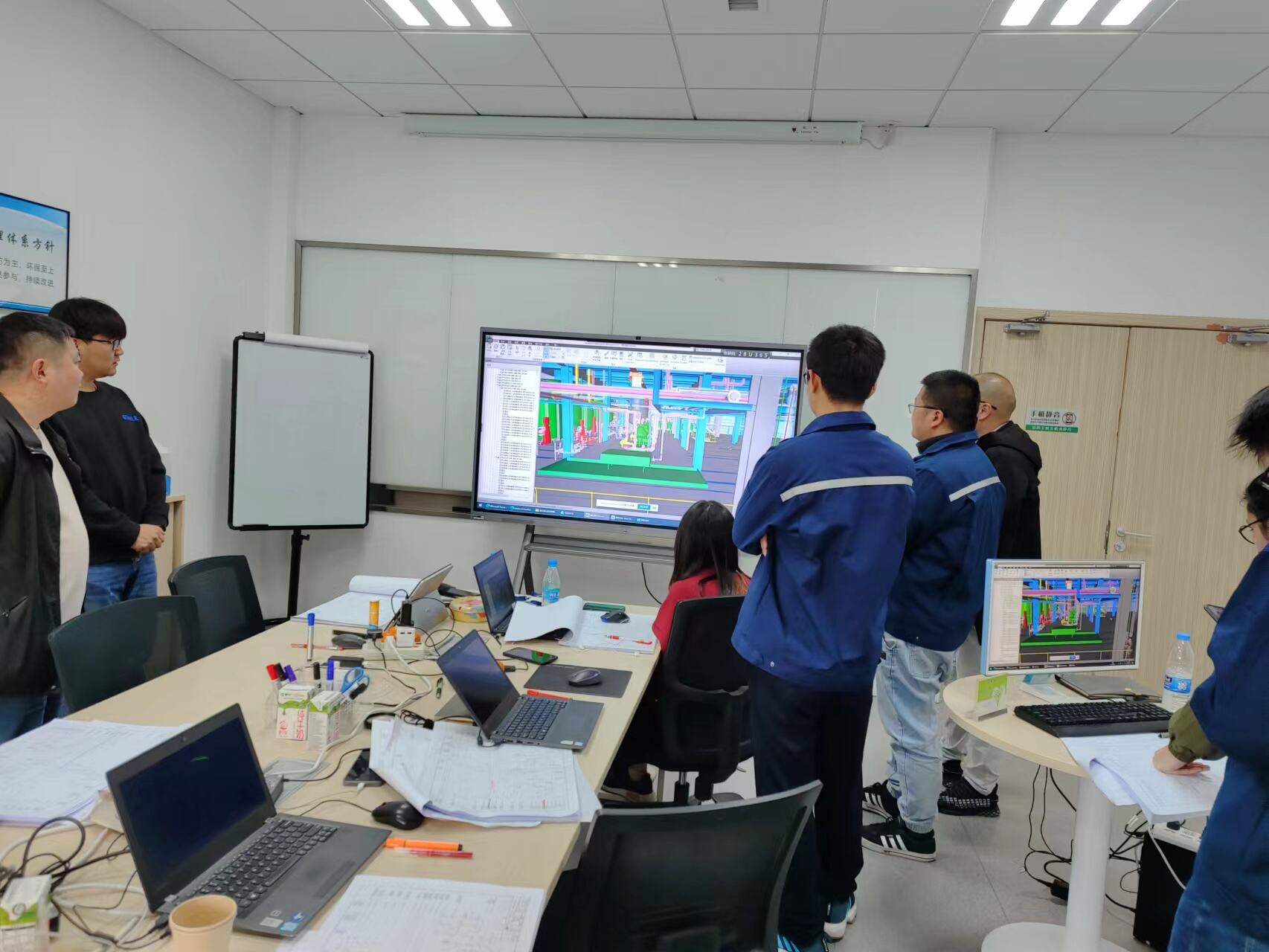Il est extrêmement essentiel d'avoir des conseils disponibles sur le site lors de la fabrication de produits chimiques, car le secteur est à la fois complexe et réglementé. Ce blog discute de l'importance d'une orientation efficace sur site, de son impact sur la sécurité, l'efficacité et la conformité, et enfin de la manière dont elle peut aider les usines chimiques à améliorer leur performance. Travailler dans une usine chimique est particulièrement complexe et, par conséquent, la disponibilité d'une assistance sur site améliore la résolution de problèmes et augmente la performance de l'usine.
Tout comme de nombreux aspects, la sécurité des personnes à bord d'une usine chimique est le premier aspect qui doit être pris en compte. Pour réduire la survenue d'accidents ou promouvoir un lieu de travail plus sûr, les travailleurs doivent suivre des règles et des réglementations spécifiques. La supervision à la demande permet aux guides de prendre le relais et de prévoir les dangers potentiels et de prendre des mesures appropriées. De cette manière, non seulement les risques, mais la sécurité en général est assurée et maintenue parmi les travailleurs. En ce qui concerne la sécurité, les fournisseurs sur site sont en mesure de mener des sessions de formation pour préparer les employés à des circonstances imprévues.
Pour atténuer les problèmes opérationnels tels que les pannes d'équipement, les procédures inefficaces ainsi que les pannes, l'expertise de professionnels bien formés est essentielle. L'assistance sur site gère et aborde les nuances opérationnelles pour garantir que les machines fonctionnent de manière optimale sans qu'il y ait de fonctionnement anormal non traité. De telles activités pratiques sont souvent critiques pour garantir des temps d'arrêt minimaux tout en assurant un rendement maximal de production - ce qui est finalement bénéfique pour la croissance d'une organisation.
Comme dans toute autre industrie dynamique, les entreprises doivent également se conformer aux réglementations de conformité, maintenir le cadre légal sans faillir est essentiel à la réputation réussie d'une organisation. Souvent, à mesure que les lois changent, des experts fournissent des recommandations concernant les audits, les évaluations opérationnelles et les domaines d'amélioration pour minimiser l'apparition de pénalités ou de poursuites judiciaires tout en garantissant une image de marque stable. L'un des principaux domaines dans lequel le secteur chimique est fortement réglementé concerne ses aspects opérationnels ainsi qu'environnementaux - cependant, se conformer aux exigences légales contribue grandement à garantir que les normes mondiales ainsi que locales sont strictement respectées.
En plus de cela, la supervision sur site stimule l'amélioration grâce à l'utilisation de boucles de rétroaction étendues obtenues par l'évaluation des données. Les spécialistes opérationnels de l'usine peuvent prévoir et aider à sélectionner les étapes futures pour l'amélioration de la technologie de l'usine chimique en recueillant et en analysant activement les rapports d'opération. Une stratégie basée sur les données permet également aux usines chimiques de recalibrer leurs approches, ce qui entraîne des économies d'énergie et une minimisation des déchets. Des coûts réduits sont réalisés dans de telles améliorations ainsi qu'une diminution des charges écologiques.
Enfin, la supervision sur site dans les usines chimiques est susceptible d'avoir un bon avenir. Le rôle d'un expert sur site est actuellement en train de changer en raison de l'IA et de l'IoT. Cette technologie rend leur rôle inutile car elle peut fournir des données et des informations en temps réel. L'industrie actuelle a commencé à accepter la transformation numérique et l'automatisation comme voie à suivre. De plus, l'application de la technologie, associée à la supervision sur site, déterminera grandement l'avenir des opérations des usines chimiques. Les entreprises avec des ressources financières importantes et prêtes à investir dans ces ressources bénéficieront très probablement d'une performance améliorée grâce à une plus grande part de marché.

